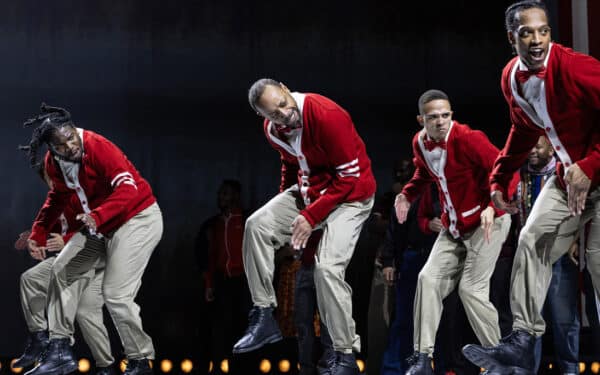A rape trial that transfixed the public in Northern Ireland and divided opinion markedly, reached its climax last Wednesday. Ulster and Ireland rugby stars, Paddy Jackson and Stuart Olding, were found ‘not guilty’ of charges of rape and sexual assault, while their friends, Blane McIlroy and Rory Harrison, were acquitted of lesser charges, at Belfast Crown Court.
Every aspect of the eight and a half week trial was scrutinised by the media and discussed, often without restraint, on the internet. The evidence centred on whether group sexual activity, at a drunken after-party at Jackson’s house, was consensual or not. It included exhibiting the complainant’s underwear to the jury, an account from a second woman who walked in on the scene and explicit texts that the men exchanged on the Whatsapp messaging service the next day.
All this salacious detail fed an acrimonious, emotionally charged debate on social media during the proceedings, that at times threatened to derail the trial. Yet, perhaps even more alarming, was the reaction to the jury’s verdict from many in the public sphere, which showed little regard for the rule of law and appeared to be shaped by the prurient moral censoriousness of some involved in #MeToo and other similar campaigns.
Up to 1,000 people in Belfast and 2,000 in Dublin were reported to have attended vigils to support the complainant, while the hashtag #ibelieveher registered tens of thousands of hits on Twitter. The protesters’ ire appears to be directed, not primarily at the jurors’ assessment of the evidence, but at the fact that the defendants were able to mount a robust defence at all which called into doubt the alleged victim’s account of events.
Prominent politicians and journalists have waded into the fray, paying little attention to legal niceties or the entitlement of the acquitted to be considered innocent. The Lord Mayor of Belfast, Nuala McAllister, whose party, Alliance, has imported modern liberal identity politics into Northern Ireland, posted a lengthy post on Facebook, which described the complainant as a victim despite the trial’s verdict and called for an education programme in schools to address “toxic masculinity”.
Her party colleague, Assembly member Paula Bradshaw, publicly questioned why Ireland rugby captain, Rory Best, attended his teammates’ trial, back in February. He was due to be called as a character witness. After Mr Best was pilloried on social media, the judge was forced to remind the jury at Belfast Crown Court that “the only reason he was in court was because he was directed to be here by senior counsel”.
As the torrent of online innuendo about the verdict continued, Paddy Jackson’s lawyers launched a defamation action against the Irish Labour politician, Aodhan O Riordain, on Friday. The firm KRW Law said that it was seeking “protective action” against a post on Twitter, that was published and then deleted. The tweet included a sneering reference to the defendants’ class, which is rather ironic as the membership of the Labour Party in the Republic of Ireland is decidedly affluent. There’s nothing quite so middle-class as the current cult of projecting self-satisfied virtue.
There’s no doubt that the trial dealt with an unpleasant episode that blighted the lives of all concerned for two years. Some of the players’ conduct was plainly obnoxious, but, importantly, it was not deemed to be unlawful. The court proceedings exposed deep issues around trying emotive, high profile cases in the internet age.
Jackson’s lawyers talked about “vile commentary” on social media that “polluted the sphere of public discourse and raise(d) real concerns about the integrity of the trial process”. This emotional response online complicated the jobs of the judge and jury, as they attempted to assess the legal arguments and weigh the evidence.
The public mood has been further inflamed by political culture warriors who deploy concepts like ‘toxic masculinity’ and ‘rape culture’, in what can at times seem like an attempt to short-circuit due process. In some cases they don’t appear particularly interested in determining whether individuals broke the law whenever sexual offences are alleged. Instead, they seem to be moved more by the emotive force of the allegations, rather than the dispassionate, and not always satisfying, search for justice.



